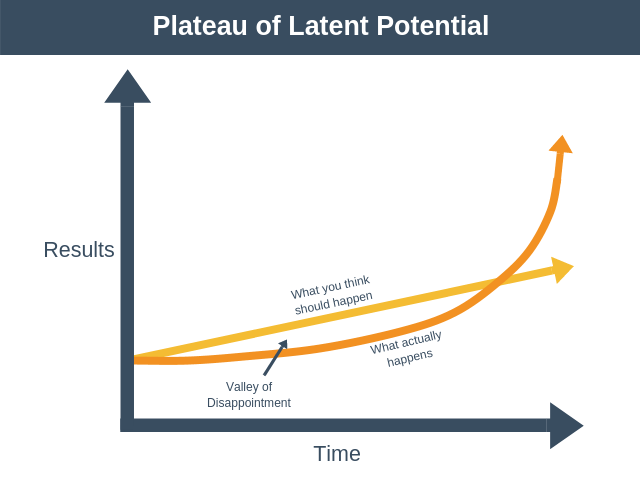So You Want to Form New Habits?
Creating positive habits takes more than just willpower. It doesn’t happen by itself as it is more science than art. It requires constant re-evaluation of where you are spending time, people whom you are spending time with and your environment. Last year, I spent significant amount of time researching this and stumbled upon different books, bootcamps and blog posts that have proven to be really helpful in planning my day and subsequently, my week. This blog post is to detail out my learnings.
Prof. B.J. Fogg is the founder of the Behaviour Design Lab at Stanford University and teaches industry innovators how behaviour really works. Kevin Systrom (founder of Instagram) was one of BJ Fogg’s students and as in the case with any other product, habit formation is one of the core elements of Instagram (stories being one of them).
According to BJ Fogg, any behaviour can be broken down into three elements :
- Motivation
- Ability
- Prompt
Behaviour = MAP
Motivation : The least effective strategy to form new habits as one feels highly motivated during the day and less as the day goes by.
Ability: Make the action so tiny that your ability to do it increases significantly. Want to lose 10 kgs in 3 months? Just visit the gym and come out for the first three days. Want to start your own blog? Great, open any notepad and start jotting down your thoughts. We overestimate what we can achieve in the short run and underestimate what we can in the long run. Consistency » Magnitude of Work Done
Prompt : This is the easiest to manage among all three. Your environment speaks volumes about how serious you are about getting the job done. Designing the environment that is conducive to successful completion of a behaviour is often underestimated. A few examples would be setting up the alarm to go for a run, turning off social media notifications (prompt removal) while focussing.

Other hacks
Habit Chain : Any of the following factors can act as a friction to form new habits successfully :
- Time
- Money
- Physical Effort
- Mental Effort
- Routine
-
Pinpoint the exact root cause and try to fix it.
-
Fear and self - doubt decrease the likelihood of habit formation whereas hope increases the same.
2. Atomic Habits by James Clear
- Make the habit an obvious thing to do
- Make it attractive
- Make it easy (by increasing the ability)
- Make it satisfying : By enjoying the process and celebrating after the successful completion of the desired behaviour.

Other Hacks :
Batching : Club similar habits together to get things done. One example could be listening to podcast while going for a walk.
Embracing Boredom : It takes a long time to successfully build and sustain new habits, so embrace boredom.
Process over Outcomes : Focus on completing the habit rather than achieving the goal. It takes a while to realise the power of compounding.
Role of friends and family : Choose your peers wisely. Peers who will contribute towards the successful change in habits. Everything else is secondary.
Change the content of self - talk : If you want to read more, do not tell yourself : “I want to read more"; instead say “I am a reader”. The key to building lasting habits is focusing on creating a new identity.
Other resources that you may refer to:
- Power of habit by Charles Duhigg
- Hooked by Nir Eyal
- Jim Kwik Podcast
- Tiny Habits Bootcamp
- Habit tracking apps such as Habitify, Checklist+
- Making your goals public to ensure accountability
One of the goals that I have this year is to get at least one blog post out each week using the above framework.